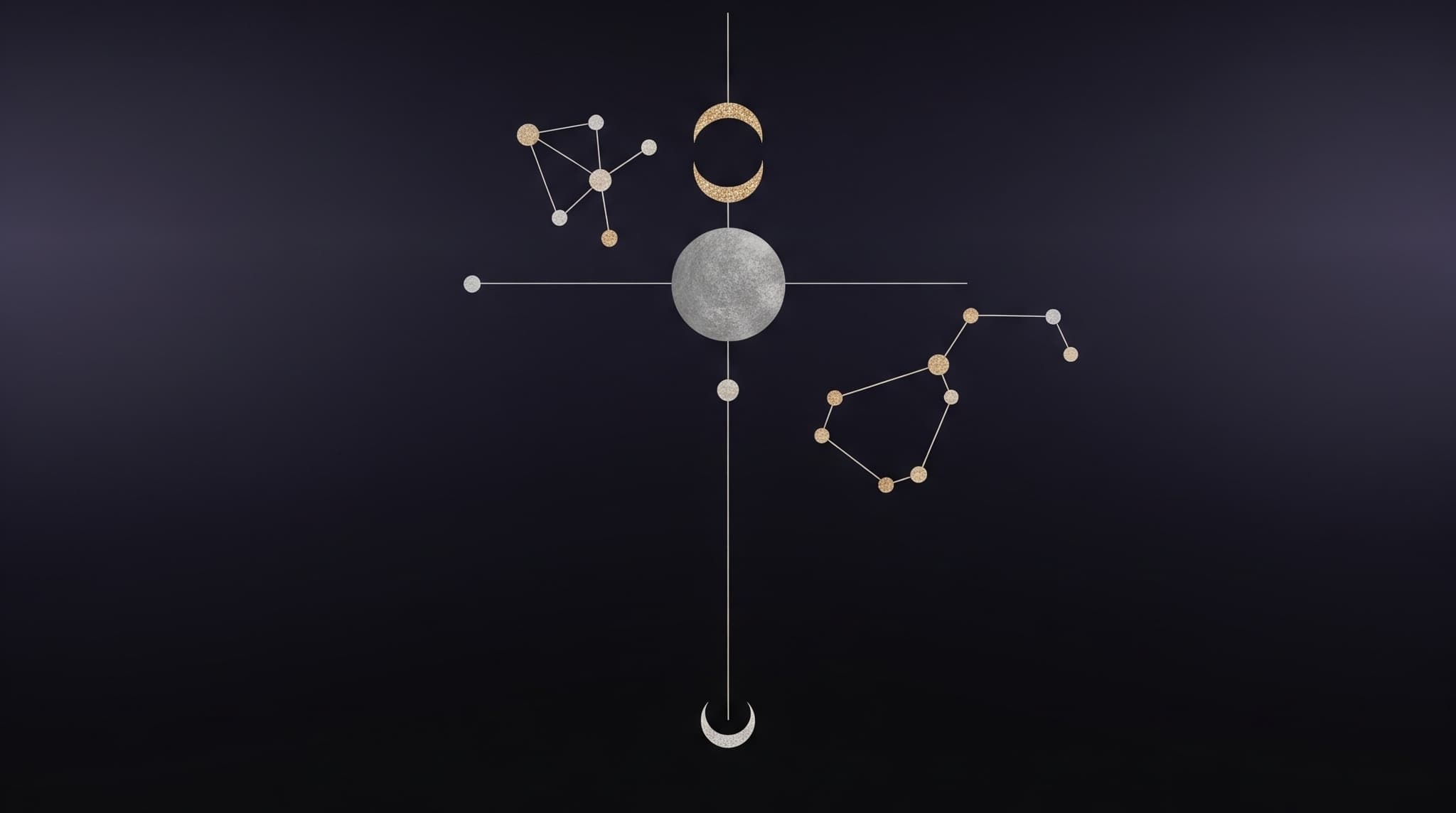Retrograde Planets Explained: Why these backward motions aren’t bad luck

Understand retrogrades in astrology, their effects, and how to navigate them easily
First things first. Retrograde does not mean your life is falling apart. You may have blamed Mercury retrograde when your ex texted unexpectedly or when your phone suddenly crashed. But retrogrades are not cosmic chaos. They are signals from the universe asking you to pause, slow down, and reflect before moving forward again.
What Does Retrograde Mean?
In astronomy, a planet is said to be retrograde when it appears to move backwards in the sky. This is only an illusion caused by differences in planetary motion, similar to how a nearby car may appear to move backwards when viewed from a moving train. In astrology, retrograde motion represents introspection. Each planet governs certain energies, and when it goes retrograde, those energies turn inward. You are encouraged to review, refine, and reconnect with what that planet represents in your life.
The Main Retrograde Planets and Their Effects
Here are the key planets that go retrograde and what they usually bring to the table.
Mercury Retrograde: Mercury governs communication, travel, and technology. When it is retrograde, expect delays, miscommunication, and revisiting old conversations. It is a time to double-check your work, back up files, and listen carefully before reacting.
Venus Retrograde: Venus rules love, beauty, and money. During its retrograde, relationships may feel nostalgic or uncertain. You might reconnect with past lovers or rethink your approach to affection and spending.
Mars Retrograde: Mars influences action and motivation. When it slows down, energy dips, tempers rise, and productivity may waver. This is a good time to rest, plan, and rebuild your strength.
Jupiter Retrograde: Jupiter expands dreams and optimism. Its retrograde brings a focus on wisdom and inner purpose. It helps you ask deeper questions and adjust your goals with maturity.
Saturn Retrograde: Saturn governs structure, responsibility, and discipline. When it retrogrades, you may be asked to take accountability or fix something neglected. It is a time for honest self-assessment.
Uranus, Neptune, and Pluto Retrograde: These slower planets influence transformation on a collective level. Their retrogrades bring subtle but lasting changes in emotional patterns, belief systems, and spiritual awareness.
Is Retrograde Always Bad?
No. Retrograde periods are not punishments. They are cosmic pauses that help you reflect and redirect. Think of them as maintenance cycles for the soul. They allow space to process lessons before new opportunities arrive. When you approach retrograde with awareness instead of fear, it becomes a chance for growth and clarity.
Retrogrades and Your Birth Chart
Not everyone experiences retrogrades the same way. If a planet is retrograde in your birth chart, you may actually feel more comfortable during its transit retrograde. The external energy matches your internal rhythm.
-
Check which house the retrograde planet is moving through.
-
If it affects your 7th house, relationships may need reflection or closure.
-
If it moves through your 10th house, career choices or old offers could resurface.
Your chart holds clues about what lessons each retrograde season brings. You can explore this through Agastyaa on AstroSure.ai, which provides personalised insights based on your planetary placements.
What to Do During a Retrograde
You do not need rituals or rare crystals. What matters most is mindfulness.
-
Reflect: Journal and take quiet time for self-observation.
-
Review: Revisit contracts, plans, and decisions.
-
Reconnect: Reach out to people from the past if it feels right.
-
Repair: Fix unresolved issues, whether emotional or practical.
-
Rest: Let go of pressure and recharge.
Retrograde seasons favour inner work over outward action.
What Not to Do During a Retrograde
-
Avoid signing new contracts if possible.
-
Postpone launching major projects.
-
Resist sending emotional or impulsive texts.
-
Do not ignore warning signs in relationships or work.
Retrogrades test patience and perspective. Moving slowly helps you avoid confusion and gain clarity when direct motion resumes.
Retrogrades may feel inconvenient, but they are cosmic realignments designed to help you grow.
They remind you that slowing down does not mean failure; it often means progress in disguise. So, the next time Mercury, Venus, or Saturn goes retrograde, breathe. Use the pause to realign your goals, repair what needs fixing, and prepare for the next forward phase.
Ask Agastyaa on AstroSure.ai to understand and balance your retrograde energy
Frequently Asked Questions on Retrograde in Astrology
1. What does retrograde mean in astrology?
Retrograde means a planet appears to move backwards, symbolising review and reflection of its energies.
2. Why does Mercury retrograde cause communication issues?
Mercury governs intellect and speech, so during its retrograde, messages and technology can misfire.
3. How often do retrogrades occur?
Mercury goes retrograde three to four times a year. Outer planets retrograde once annually for several months.
4. Are retrogrades always negative?
No. Retrogrades are opportunities to reflect, reassess, and refine, not sources of bad luck.
5. How can I navigate retrogrades better?
Stay patient, avoid impulsive decisions, review plans carefully, and use the time for personal growth.



